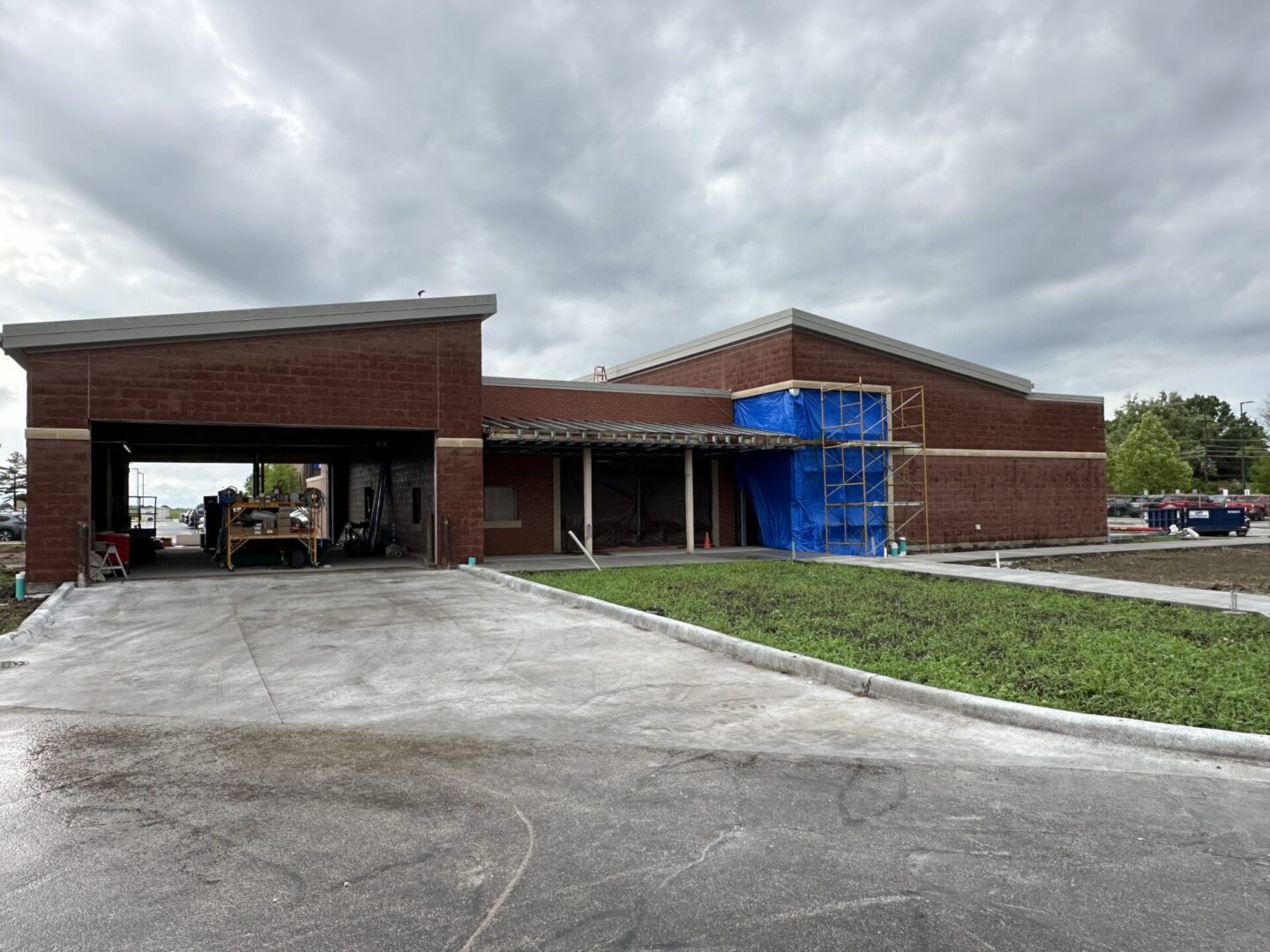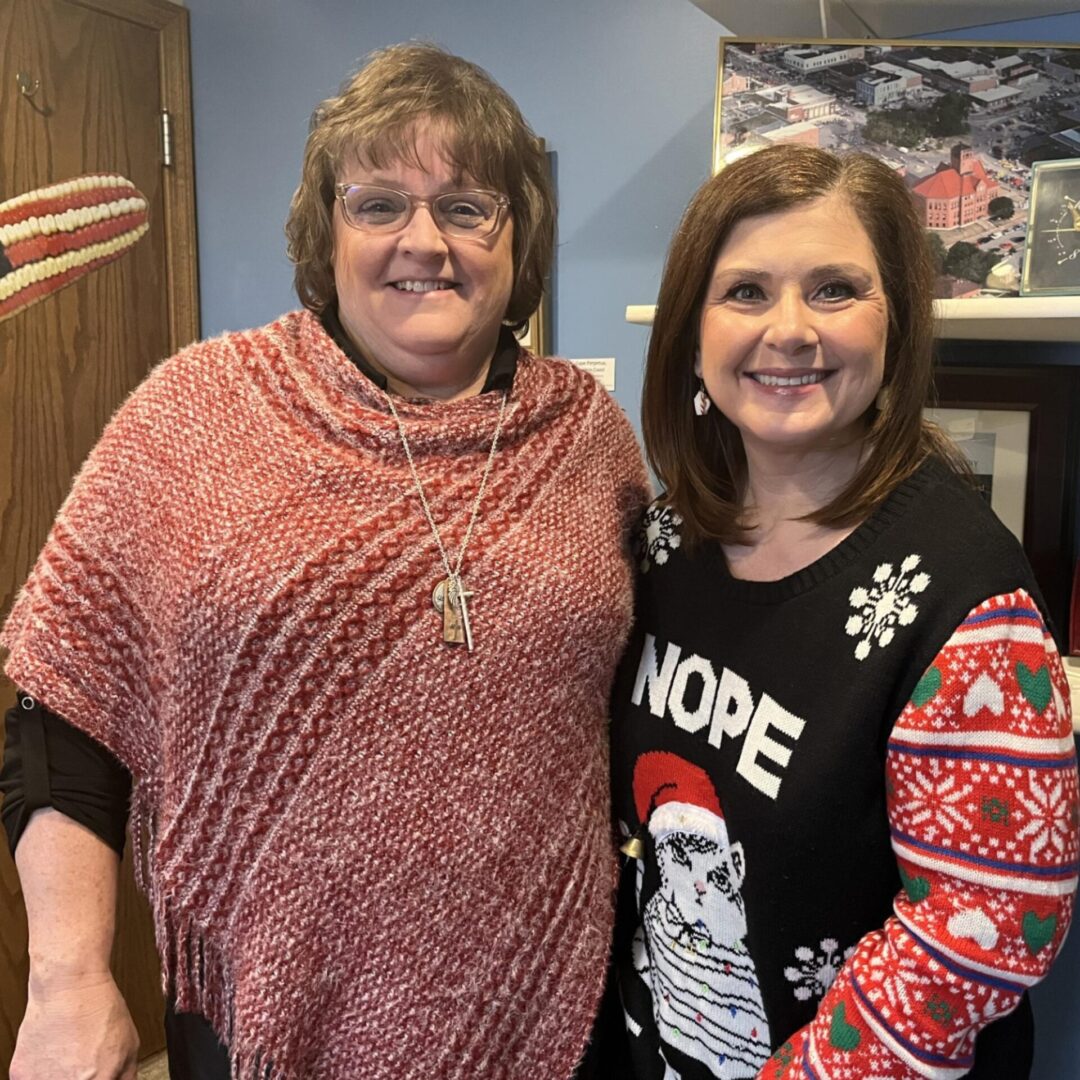Graduating from Carl Sandburg College this month will be the latest monumental step for Mie Tha Aye in a journey that began nearly 8,500 miles away.
“Me graduating, it will mean a lot,” Aye said. “I’m blessed to be in America.”
Aye, who will earn an Associate in Arts degree, was born in the Mae La camp in Thailand, which houses tens of thousands of K’Nyaw, or Karen (pronounced “kuh-REN”), refugees. The Karen are an ethnic minority that reside primarily in Myanmar — formerly Burma — but have been in a decades-long struggle with the Burmese military. There are more than 5 million Karen worldwide, and more than 200,000 have come to the United States as refugees, like Aye and her family.
“We don’t really have any weapons,” Aye said. “We’re a peace-loving people. We just want peace.”
Aye’s family moved to the US in 2007 when she was 8, and they moved to Monmouth when she started high school. After graduating from Monmouth-Roseville High School in 2018, Aye enrolled at Sandburg.
“I heard that it’s better to start at a community college before going to a university,” said Aye, who became a US citizen in 2019. “You save money, and my family is here. I didn’t really want to go very far because if something happened then I was there for my family.”
She quickly found that Sandburg was there for her as well.
She joined Sandburg’s TRIO Student Support Services program, a federally funded program that assists first-generation college students as they work toward earning a bachelor’s degree. Aye developed a strong bond with program director Autumn Scott (now Sandburg’s dean student success) and knew she could turn to staff members or other TRIO students in moments where she was struggling with something academically or away from the classroom.
“Autumn is great. She’s mostly the one I talked to when there were times I would want to give up,” said Aye, who plans to transfer to Western Illinois University this fall and major in human resource management with a minor in marketing. “When I go to Sandburg, I feel so much love and support. I can talk to people and I can share my feelings. I have friends there who are there for me.”
When Aye first came to Sandburg, she wanted to be an engineer. Then she learned about positions in human resources and thought it could be a way to assist her native people. Many Karens, like Aye’s parents, are factory workers who don’t speak English. By working in HR, Aye said, she could interview them without a language barrier or serve as an interpreter for management.
“I want to show my people that even though I’ve come to America, I have not forgotten about my roots or where I come from,” Aye said. “My success will also be their success.”
***Report Courtesy of Carl Sandburg College***















